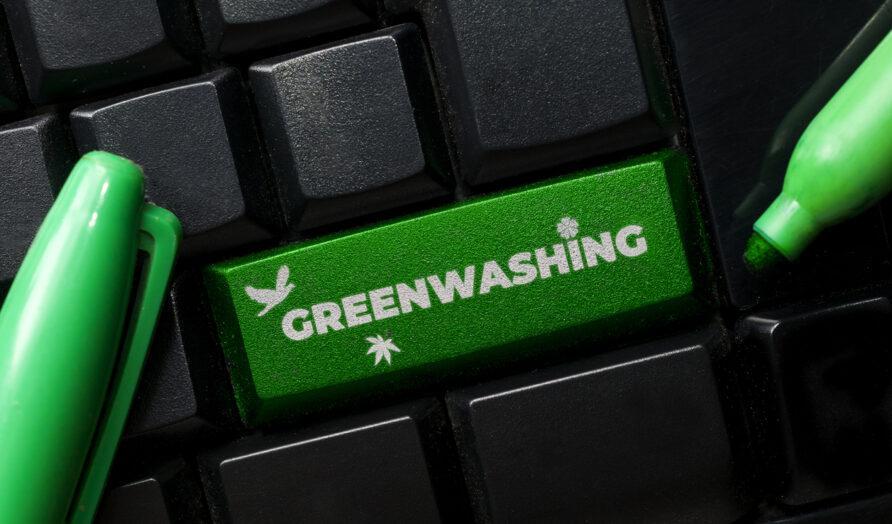Recent surveys demonstrate that at least one third of the consumers is available to pay a “premium” (i.e. an additional price) to buy green products. The retailers, aware of this market share and of the related opportunities of growth, have significantly developed the green marketing policies in order to strengthen the green features of their production processes and/or of their products.
The new strategies induced the companies (few of them) to release false green claims or claims not subject to be tested or confirmed, due to the lack of data and objective information that may confirm the environmental virtue advertising by them.
The above conducts give raise to “green-washing”, which in summary, may be defined as an unfair practice that is represented by the appropriation of environmental policies aimed to create a green identity by a company through deceptive marketing claims.
From a commercial point of view, green-washing may create short term benefits but, once the market become aware of such behavior, it entails serious detrimental effects: the risk is the breakdown of the trust with the green consumers, who select the product and the producers with the purpose to find out partners with who jointly reach the goal of safeguard of the planet. Moreover, the negative reputation arising from the disclosure of the misleading claims has an impact also in the sale of the ordinary consumers.
The consequences are not limited to the sale results. Indeed this conduct is relevant also and especially from a legal point of view. The parties damaged by this behavior are, first of all, the consumers who may avail themselves of the remedies provided by the Consumer Code in case of unfair practices. The sanctions are issued by the Italian Antitrust Authority: once the illicit integrating the greenwashing has been ascertained the Authority order the company guilty of this conduct not only to stop the promotional activity but also to pay signification pecuniary sanctions. In the last years the decisions of the Antitrust Authority against the greenwashing practices have been related to different topics, from the false claims on organic shopping bags to the recyclable nappies.
Recently also the ordinary Courts have issued some decisions in order to prohibit the diffusion of greenwashing advertising. In particular the Court of Gorizia ordered, with an interim decree, to stop the promotion of an ecologic microfiber used for the internal coating of the cars, as the “green” features of this product were not proven by the company during the discovery stage of the trial. The judge has also established in Euro 1,000 the penalty to be paid by such company for each advertising message published after the issuance of the decree.
In order to sanction this conduct the Court made reference, among others, to the principles established by the Treaty of Functioning of the European Union aimed to protect and promote the safety, the pecuniary interests and the information rights of the consumers and to the rules of the misleading advertising.
In addition, the Court mentioned the Code of Conduct of the Advertising which, unlikely the ordinary legislation on the consumer protection, expressly regulates the green claims advertising and list several cases in which they can be considered deceptive. Such Code is not binding for the companies that do not expressly and voluntary adhere but it represents, currently, the most advanced legal framework in the matter of the greenwashing.
Considering the increasing importance of the green claims and the detrimental effects that a wrong / misleading advertising may have vis à vis the consumers, the competitors and the market, it would be opportune to implement an express ordinary legislation, to allow the Court and the Antitrust Authority to have a more ordered and comprehensive legal framework in order to identify and sanction the practices integrating green-washing.
